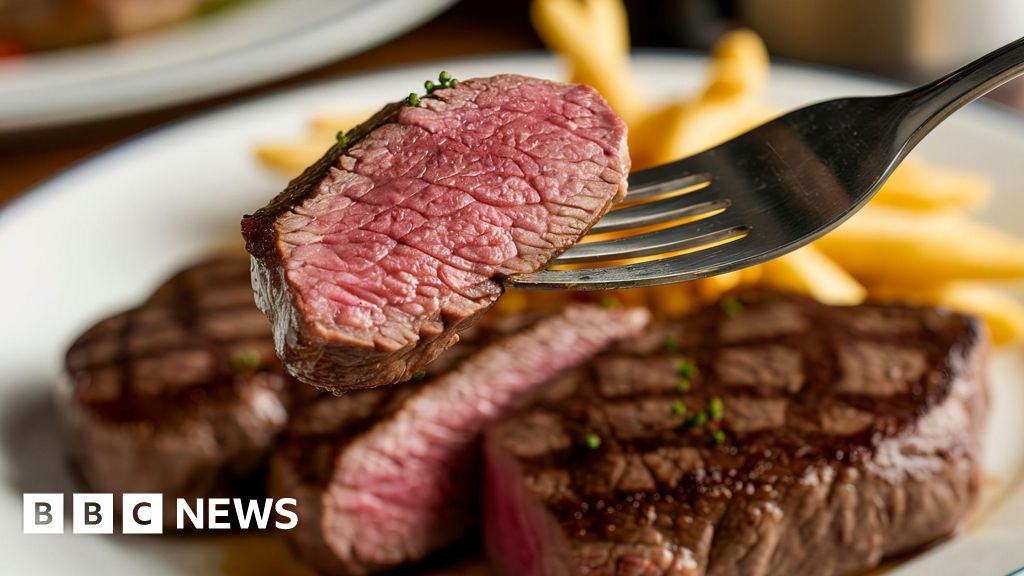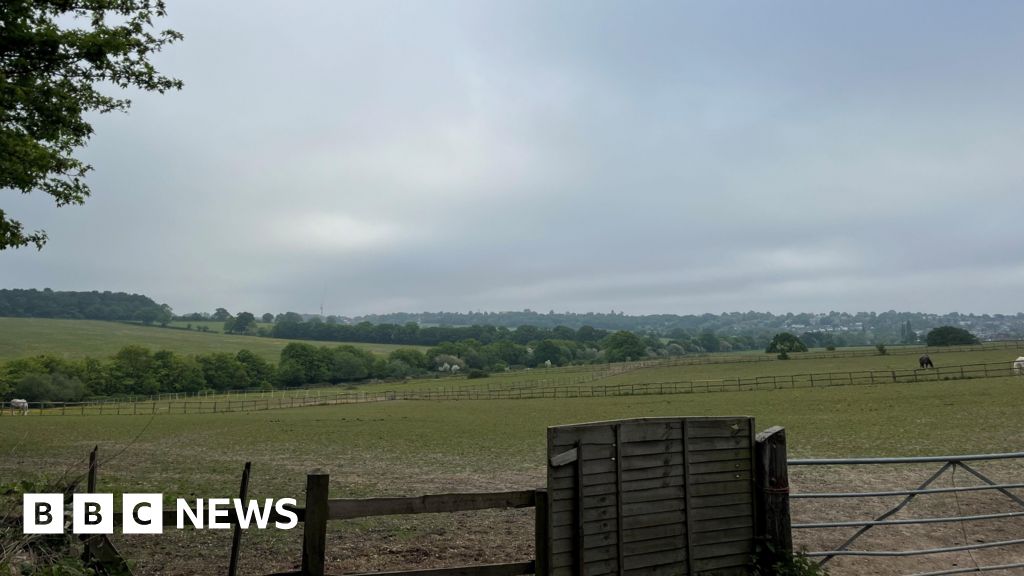ARTICLE AD BOX
 Image source, Getty Images
Image source, Getty Images
The UK government's tax take has soared since the Conservatives won the general election in 2019
By Joshua Nevett
BBC Politics
The government is on course to oversee the biggest tax-raising parliament since records began, according to the Institute for Fiscal Studies' analysis.
The IFS forecasts taxes will amount to about 37% of national income by the next general election, due in 2024.
That would be a level not seen since 1948, just after the Second World War.
Responding to the report, a Treasury spokesperson said the "most effective tax cut we can deliver" is to "drive down inflation".
"We have taken three million people out of paying tax altogether since 2010 through raising personal thresholds."
Next year, the government will collect upwards of £100bn more in tax compared to pre-2019 levels, the IFS says.
Some Tory MPs are putting pressure on Chancellor Jeremy Hunt to reduce taxes in the government's autumn statement next month.
Mr Hunt however said last week that tax cuts were "virtually impossible".
The analysis by the IFS is published on the eve of the Conservative Party Conference in Manchester, which begins on Sunday.
Historically high
The IFS says the government is currently raising more in tax revenue, as a percentage of national income, than at any time since the 1940s.
In recent years, the government has announced a series of tax-raising measures, including an increase in corporation tax from 19% to 25%, and the levy on profits made by energy companies.
The IFS said the data on tax revenues only go back to 1948.
Only during and in the immediate aftermath of the two world wars have government revenues - not just those from taxes - grown by as much in this parliament in the 123 years since 1900, the IFS says.
The analysis did include a number of caveats, including the point that the level of overall taxation in the UK "is fairly middling when compared with other developed countries".
Ben Zaranko, a senior research economist at the IFS, said the tax rate was not primarily "a direct consequence of the pandemic", when government spending surged to keep the economy afloat.
"Rather, it reflects decisions to increase government spending, in part driven by demographic change, pressures on the health service, and some unwinding of austerity," Mr Zaranko said.
"It is likely that this parliament will mark a decisive and permanent shift to a higher-tax economy."
'Light at the end of the tunnel'
Liz Truss and former cabinet ministers in her short-lived, economically turbulent government, launched the Conservative Growth Group in January to push on with her calls to slash taxes and promote radical free-market economic policies.
Responding to the report, Ms Truss said: "This unprecedentedly high tax burden is one of the reasons that the British economy is stagnating."
Another Conservative, John Redwood said there were "affordable tax cuts to be had", including raising the VAT threshold for businesses and slashing duties on fuel.
In an interview with the BBC on Thursday, Mr Sunak said he thought halving inflation by the end of this year was the "most important" of the five pledges he made in January.
Inflation was at 10.7% in the three-month period between October and December 2022, which means the government aims to reduce inflation to 5.3%.
"Inflation is falling, there's light at the end of the tunnel, but we need to stick to the plan," Mr Sunak said.
Labour said the Tories had presided over "13 years of low growth and stagnant wages".
"Brits are working hard but getting clobbered with 25 Tory tax rises and a continuing Conservative premium on their household budgets," said Darren Jones, the shadow chief secretary to the Treasury.
The Liberal Democrats said the Conservatives had "crashed the economy" under Ms Truss and are "making the public pay the price".
"This is the same party which promised not to raise people's taxes and is now taxing families through the nose," said the party's treasury spokeswoman, Sarah Olney.

 1 year ago
37
1 year ago
37








 English (US) ·
English (US) ·